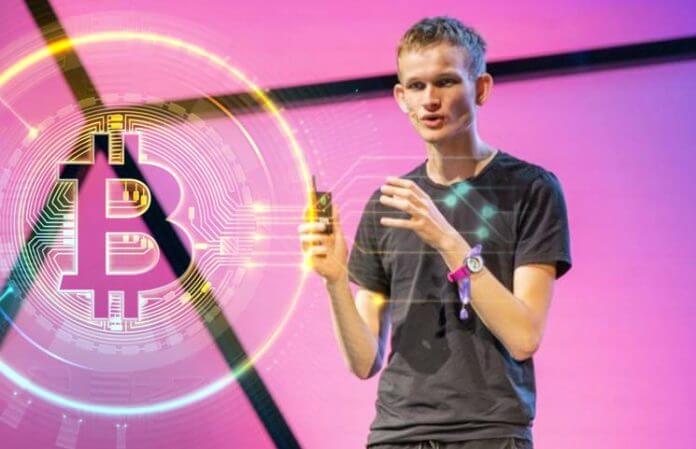
In the rapidly evolving landscape of blockchain technology, 以太幣價格 has emerged as a trailblazing platform that goes far beyond its initial identity as a cryptocurrency. Ethereum, often referred to as the world’s decentralized computer, has captured the imagination of developers, businesses, and enthusiasts alike by providing a robust and versatile framework for creating decentralized applications and smart contracts.
At its core, Ethereum employs a groundbreaking concept known as a “smart contract,” which is essentially a self-executing contract with the terms of the agreement directly written into code. This innovation has opened the doors to a myriad of possibilities across various industries, from finance and supply chain management to healthcare and gaming. These smart contracts operate on the Ethereum Virtual Machine (EVM), ensuring security, transparency, and immutability.
One of Ethereum’s standout features is its ability to facilitate the creation of decentralized applications, or “dApps,” which function without the need for intermediaries. This decentralized approach not only reduces the risk of single points of failure but also empowers users by putting them in control of their data and digital interactions. As a result, Ethereum has become a breeding ground for innovation, with developers continuously pushing the boundaries of what’s possible.
However, Ethereum has not been without its challenges. Scalability and energy efficiency have been ongoing concerns due to the network’s Proof of Work (PoW) consensus mechanism. In response, Ethereum has been undergoing a transition to Ethereum 2.0, which introduces Proof of Stake (PoS) consensus, significantly enhancing scalability and reducing energy consumption. This upgrade, eagerly anticipated by the community, holds the potential to address these issues and pave the way for a more sustainable future for blockchain technology.
Furthermore, Ethereum’s influence extends far beyond the realm of technology. Its role in the rise of non-fungible tokens (NFTs) has revolutionized digital ownership and proven the concept of “digital scarcity.” Artists, musicians, and creators of all kinds have found new ways to monetize their work and connect directly with their audiences, reshaping traditional business models.